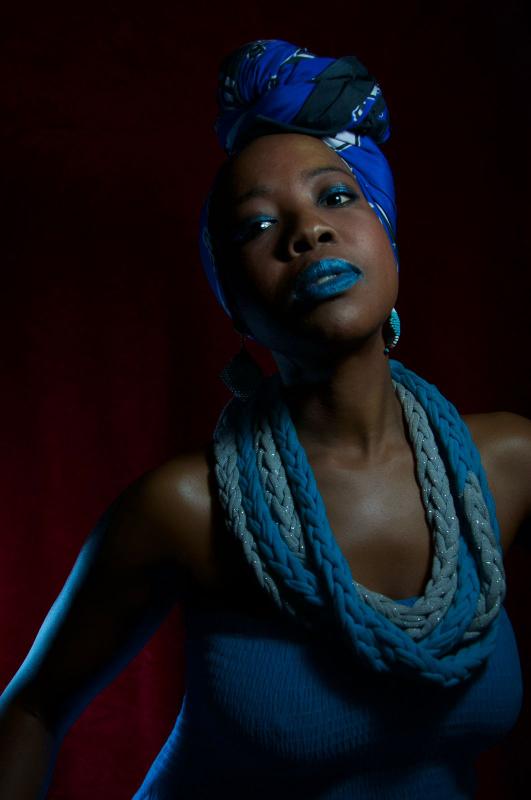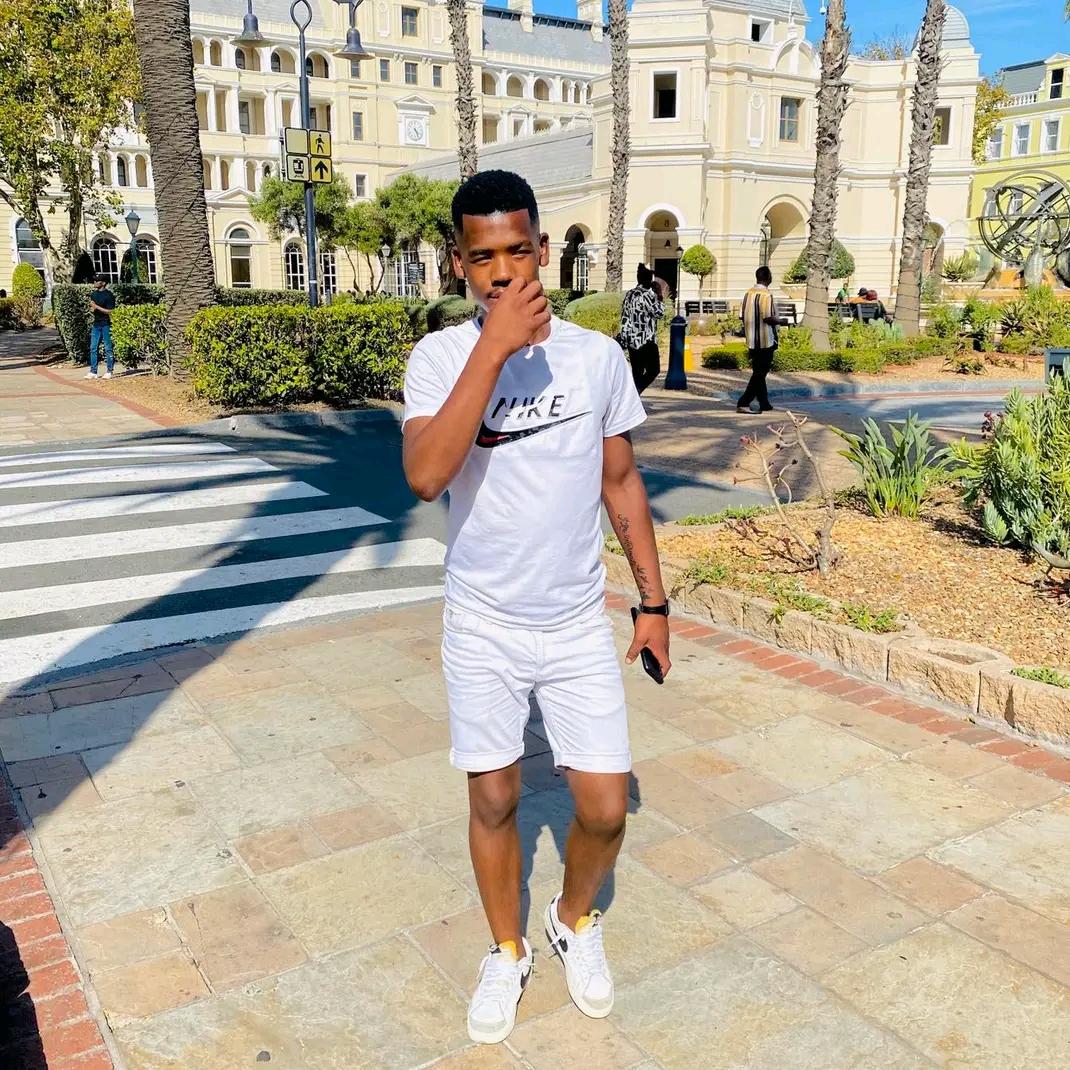
Poet, performer, activist, and founder of The House of MOBU, Ntsiki Mazwai embodies what she calls a “loud spirit.” Born in Soweto in 1980 to a family of journalists and political thinkers, Mazwai’s life and work have been a fierce reflection of the black consciousness movement and a determined pushback against the forces of cultural erasure.Raised in a household where opinions were encouraged and community service was a way of life, Mazwai’s formative years were shaped by the juxtaposition of township violence and the transition to white educational spaces. “I was exposed to black pain and white privilege,” she recalls, adding that this duality forged her voice as an advocate for the disadvantaged.Creativity blossomed at university when she discovered beadwork while studying marketing. “I realized I needed something to sell,” she says. That spark led to the birth of The House of MOBU, a brand rooted in African identity. Beadwork became her grounding practice, contrasting her poetry which served as an explosive, public release of energy. “One artform took me inward, the other took me outward,” she explains.Mazwai’s background is deeply academic—her home a haven for intellectual rigor, boasting multiple PhDs and master’s degrees. It was her mother, Belede, a community builder with a name meaning “mother of many generations,” who inspired her deep reverence for African traditions, language, and the politics of black hair and self-expression. “I live in her name,” Mazwai says.Her personal and professional journey is also shaped by familial expectations. With siblings who have achieved remarkable success, Mazwai has refined her voice and public presence through sheer determination. “We didn’t have the luxury of anonymity,” she notes, adding that her support system—friends and family—have helped her find balance, keep grounded, and remain fiercely authentic.Today, her podcast MOYA is not just media—it’s a movement. With a mission to “unbrainwash” Africans and archive neglected histories, Mazwai envisions it as the modern-day echo of Timbuktu: a resource for future generations seeking truth and pride in African identity.“I don’t curate my work,” she adds. “It’s energy. I’m just the vehicle.”Mazwai also speaks candidly about women’s struggles for societal validation. “Women need to learn to choose themselves,” she says. “We celebrate men who speak without fear—we must embrace outspoken women with the same excitement.”As for her relevance? “Nobody expected me to outlive the IT Girls,” she laughs. “But I’m still here, still speaking, and more resonant than ever.”—Want this adapted into a magazine cover story or edited down into a snappy artist bio? I’d love to shape it any way you like.
























